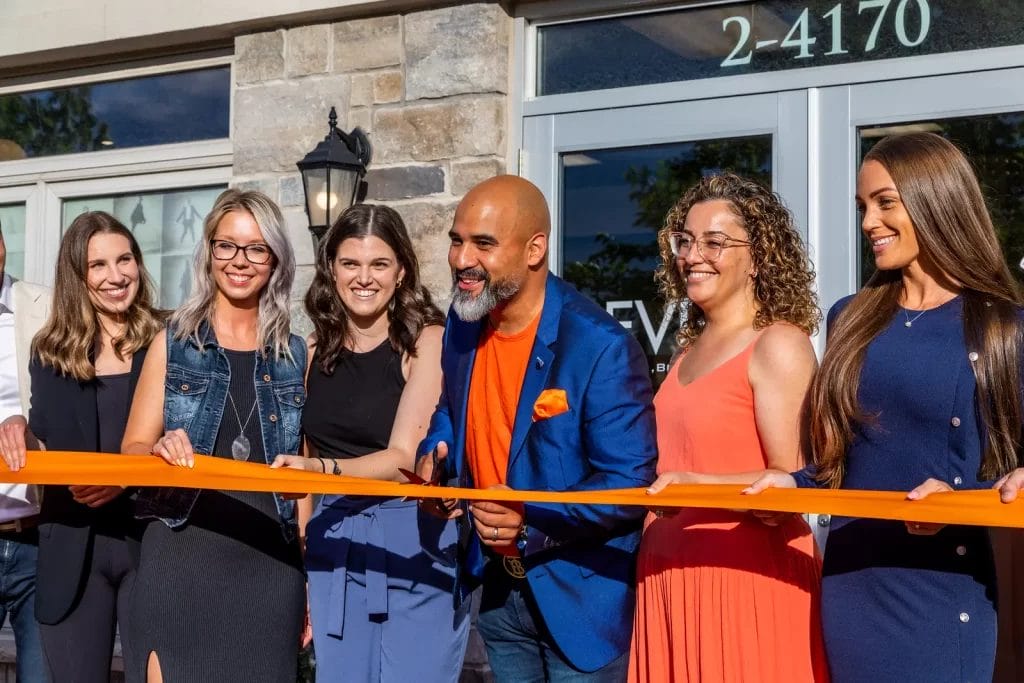
Your event might be held in a specific location at a specified timeline but a great practice before your events is you should treat your social media engagements as if it were a dinner party, greeting guests and encouraging conversation between the host and the guests. Strong social media engagement is an indication that your brand’s online presence is creating a reputation in the market.
It isn’t just about appearing popular: it’s about creating meaningful relationships with current and potential clients that will support your brand (and ROI) online and offline.
It’s critical to plan ahead of time when it comes to promoting events on social media. Having a strategy is essential whether you’re throwing a small party for clients or bringing a festival for thousands.
Social media platforms enable you to engage with your audience in unique ways that increase crowd numbers and improve the overall experience. Connecting with your followers before, during, and after every event is an effective social media event strategy.
Organizers frequently splurge and consume effort on marketing before an event without giving much thought to what happens next. But, social media event promotion is far from over unless your guests come through the door.
Leverage Instagram Stories and reels
- Make your followers feel like they are part of the event by including signs of urgency like countdown stickers.
- Make them excited by posting teaser reels of the upcoming event.
- Don’t forget to include unique event hashtags and a friendly invitation for your audiences.
Create an Event Page on Facebook
- Create a Facebook event with all of the information your guests will require.
- Tag the official accounts of your speakers and influencers.
- Post relevant announcements and respond to questions from your influencers, speakers, and guests.
Increase the hype through Live Tweeting
- The tone and shape of the online conversation surrounding your event can be set through live tweeting.
- Live event coverage is also essential for interacting with your guests on a real-time basis. Monitor your feeds to address whatever concerns and questions here which people may have, and always use your event hashtags consistently on every tweet.
Keep in mind that social media event promotion does not end when your event does. There is still a lot of work to be done to get more opportunities for your brand. When your short, unique, simple hashtag did its job, finding content posted by your audience and presenters after the event will be a breeze. Don’t forget to respond to and share user-generated content to connect with your attendees at a more personal level.
When the show is over, reach out to your guests and influencers to thank them and wish them a safe journey home. Follow up with people who have unresolved concerns or complaints to ensure that those issues are addressed.
When maximizing your CRM content, you can make sure you are making the most out of your buck by using CRM as your focal medium of communication with attendees, where you can send email invitations to your contacts or leads and connect with fresh leads you’ve collected at the event. You can also gauge the success of your event by comparing new leads to sales.
You can send an offer for a room or ticket upgrades, promote a discounted ticket package, send out announcements, and more. Your goal is to keep in touch with your contacts and connect with new ones with the goal of increasing repeat attendees for your next event, and Attendee engagement doubles after each event.
Marketing events don’t start and end at Social Media and CRM campaigns. Leverage your website too! An event website is essentially free digital advertising for the event you’re planning. However, even though creating a page is simple, you should ensure that attendees are well-versed in the details. Here are essential details you should include in your website:
- Effective Landing Page
People usually generally trust first impressions, which is why you need to create an effective landing page. It must be user-friendly and informative, but also visually striking and intriguing in order to entice more clicks. - Event Schedule and Venue
You know how you seem to forget even the most important dates at times? When it comes to your event, potential attendees will more likely face the same issue so don’t forget to emphasize the date and time on your event website. - Make It Simple Not to Forget
Make it simple for attendees to remember your event if you want them to remember it. Provide them with the add-to-calendar button, and they’ll be one click away from your event. - Enticing Event Description
One of the most important aspects of the event website is the event description. It must be clear, and concise, and include a warm invitation to entice attendees to purchase a ticket or RSVP. - Company Information and Contact Details
Let potential guests and clients approach you and inquire about the other details of your event. Don’t make the mistake of forgetting to provide them with basic information. This will build trust and make sure they have all the information they need. - Social Media Handles
Don’t overlook your event attendees’ social media preferences. Facebook has over two billion active users, while the other millions prefer networks such as Twitter or Instagram. Keep in mind that your attendees may not be on every social network. But, keep the links handy: it’s a convenient way to keep your audience notified and engaged before the event. - Attention-grabbing Visuals and Videos
We’re all visual creatures, so images and videos will catch your audience’s attention first. That is why you should include a few eye-catching images and best-of videos from previous events to hype up your target audiences. - Photo and video galleries from previous events
An image is worth a thousand words. This adage is old but not out of date, so include photos of your events, team, and venue on the event website. This is a great way to showcase photos from last year’s event and generate interest in this year’s event.
Without an evaluation component, no event marketing campaign is ever complete.
Set specific goals and social media metrics early on so you can evaluate the performance of your campaign against them. Take a deep dive into your analytics to learn what worked well and what you can improve on for future events.
Let OTBx turn your next event into a success!

